
Google is finally making its Gemini Nano AI model available to Pixel 8 and 8a users after teasing it in March.
The June Pixel drop will allow users to access the model as a developer option.
Apart from that, the feature drop includes Display Port connectivity support for Pixel 8 and Pixel 8a, reverse phone number lookup for unknown numbers, fall and crash detection for Pixel Watch 2, and doorbell notifications on the Pixel tablet.
The update brings manual lens picking in the camera to the Pixel 6 Pro, 7 Pro, and Pixel Fold.
Pixel WatchThe newest Pixel drop brings car crash detection to the Pixel Watch 2.
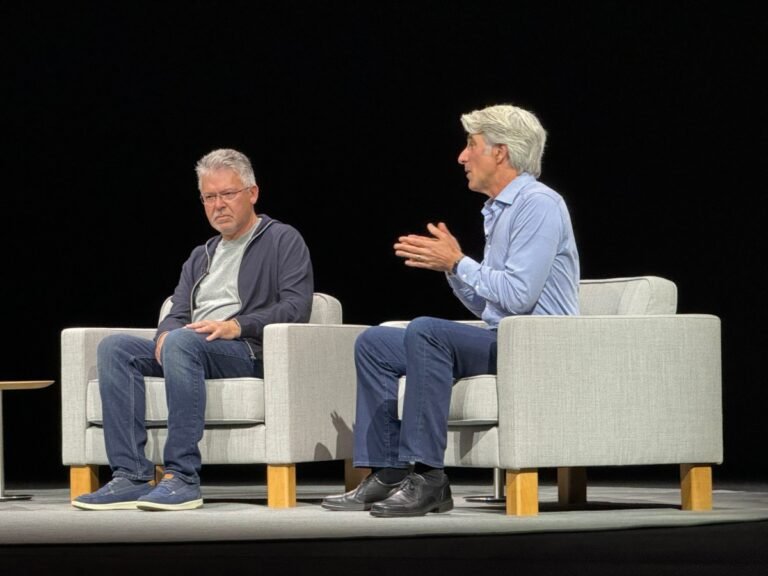
Following a keynote presentation at WWDC 2024 that both introduced Apple Intelligence and confirmed a partnership that brings GPT access to Siri through an deal with OpenAI, SVP Craig Federighi confirmed plans to work with additional third-party models.
The first example given by the executive was one the companies with which Apple was exploring a partnership.
“We’re looking forward to doing integrations with other models, including Google Gemini, for instance, in the future,” Federighi said during a post-keynote conversation.
Apple says users will be able to access the system without having to sign up for an account or paying for premium services.
“Now you can do it right through Siri, without going through another tool,” the Apple executive said.

Google on Thursday said it is rolling out NotebookLM, its AI-powered note-taking assistant, to over 200 new countries, nearly six months after opening its access in the U.S.
The list of countries that NotebookLM now supports includes Australia, Brazil, Canada, India, and the U.K., as well as 208 other countries and territories.
It uses AI to help generate summaries and answer questions from documents, transcripts, notes and other sources that users can upload.
Some early users of NotebookLM in the U.S. anticipated it would support traditional note-taking apps, including Evernote and Google Keep.
Gemini 1.5 Pro also lets NotebookLM have up to 50 sources in each notebook, with 500,000 words per source.

Google’s newest startup program, announced on Wednesday, aims to bring AI technology to the public sector.
The newly launched “Google for Startups AI Academy: American Infrastructure” will offer participants hands-on training from AI experts and other support for companies solving problems in areas like agriculture, energy, education, public safety, healthcare, telecommunications, transportation, urban development, and more.
Over the course of twelve weeks, startups participating in the equity-free program will be guided by an AI curriculum developed by Google’s People + AI Research (PAIR) team and will participate in advanced sales and go-to-market workshops.
They’ll also be able to access industry connections and, of course, tap into Google’s AI tools as they build.
While much focus is on the AI companies building the models, tools, and interfaces for working with AI, a focus on real-world applications of the technology could impact communities at the local, state, and national levels, Google believes.
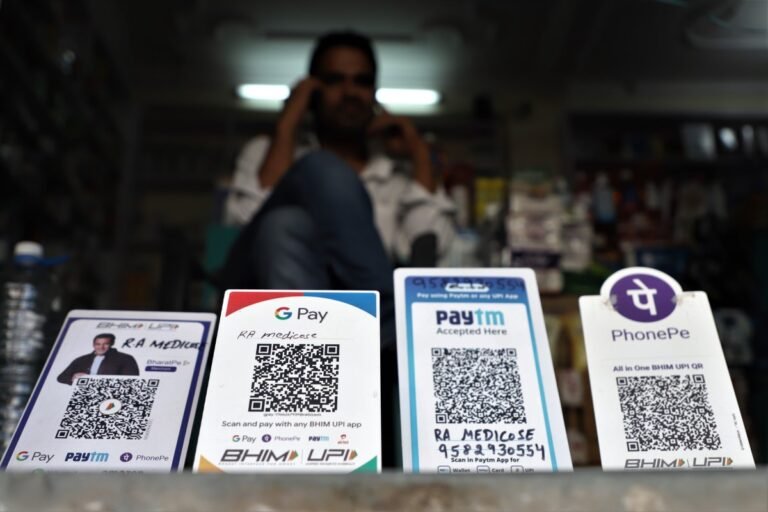
UPI, built by a coalition of Indian banks, has become the most popular way Indians transact online, processing over 10 billion transactions monthly.
In February, a parliamentary panel in India urged the government to support the growth of domestic fintech players that can offer alternatives to the Walmart-backed PhonePe and Google Pay apps.
The NPCI has long advocated for limiting the market share of individual companies participating in the UPI ecosystem to 30%.
The RBI is also weighing an incentive plan to create a more favorable competitive field for emerging UPI players, another person familiar with the matter said.
Indian daily Economic Times separately reported Wednesday that the NPCI is encouraging fintech companies to offer incentives to their users, promoting the use of their respective apps for making UPI transactions.
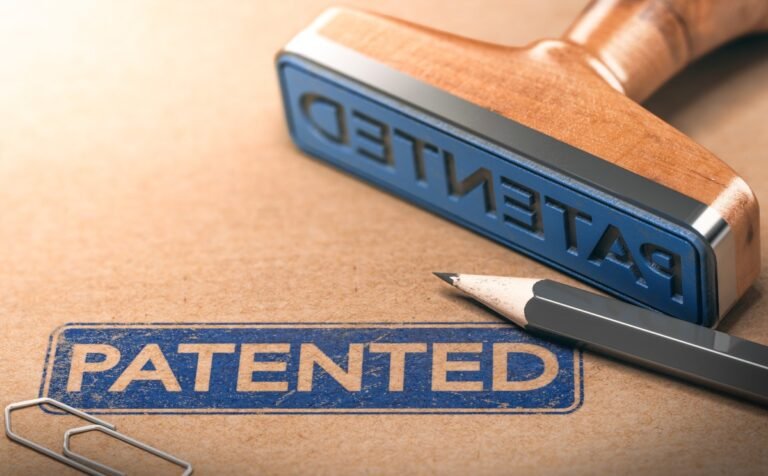
Patlytics, an AI-powered patent analytics platform, wants to help enterprises, IP professionals, and law firms speed up their patent workflows from discovery, analytics, comparisons, and prosecution to litigation.
The outfit recently launched its product, which is SOC-2 certified, and already serves some top-tier law firms and a few in-house legal counsels at enterprises as customers.
Its target users include IP law firms and companies with several patents.
“Protecting intellectual property remains a major priority and business requirement for information technology, physical product, and biotechnology companies.
Notably, the round also attracted a host of angel backers, including partners at premier law firms, Datadog President Amit Agarwal, Fiscal Note founder Tim Hwang, and Tapas Media founder Chang Kim.

Google VidsLeveraging AI to help customers develop creative content is something Big Tech is looking for, and Tuesday, Google introduced its version.
Read moreImagen 2In February, Google announced an image generator built into Gemini, Google’s AI-powered chatbot.
“Vertex AI Agent Builder allows people to very easily and quickly build conversational agents,” Google Cloud CEO Thomas Kurian said.
Read moreNvidia’s Blackwell platformOne of the anticipated announcements is Nvidia’s next-generation Blackwell platform coming to Google Cloud in early 2025.
This, Kyle Wiggers writes, is “Google’s most capable generative AI model,” and is now available in public preview on Vertex AI, Google’s enterprise-focused AI development platform.
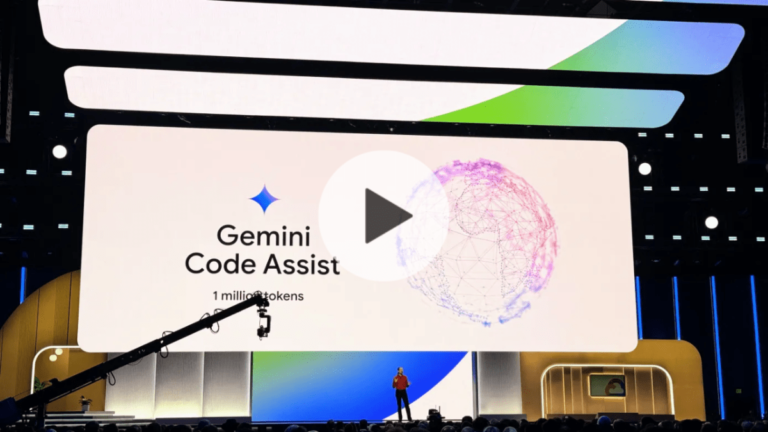
Can AI eat the jobs of the developers who are busy building AI models?
News this week that Google has a new AI-powered coding tool for developers means that competitive pressures between major tech companies to build the best service to help coders write more code, more quickly is still heating up.
Both companies want to eventually build developer-helping tech that can understand a company’s codebase, allowing it to offer up more tailored suggestions and tips.
Everywhere you look, developers are building tools and services to help their own professional cohort.
Developers learning to code today won’t know a world in which they don’t have AI-powered coding helps.

It’s time for Google’s annual look up to the cloud, this time with a big dose of AI.
At 9 a.m. PT, Google Cloud CEO Thomas Kurian will kick off the opening keynote for this year’s Google Cloud Next event, and you can watch it live right here.
After this week we’ll know more about Google’s attempts to help the enterprise enter the age of AI.
From a deeper dive into Gemini, the company’s AI-powered chatbot, to securing AI products and implementing generative AI into cloud applications, Google plans to cover it all.
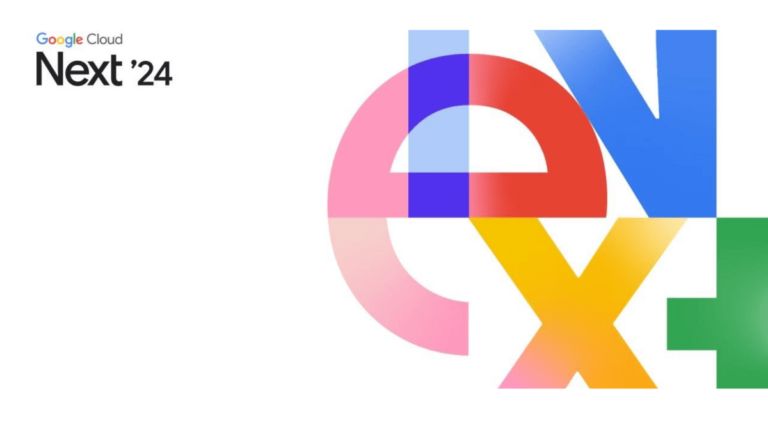
Don’t have time to catch the Google Cloud Next livestream?
Here’s whyNvidia’s Blackwell platformOne of the anticipated announcements is Nvidia’s next-generation Blackwell platform coming to Google Cloud in early 2025.
Read moreImagen 2In February, Google announced an image generator built into Gemini, Google’s AI-powered chatbot.
Read moreChrome Enterprise PremiumMeanwhile, Google is expanding its Chrome Enterprise product suite with the launch of Chrome Enterprise Premium.
This, Kyle Wiggers writes, is “Google’s most capable generative AI model,” and is now available in public preview on Vertex AI, Google’s enterprise-focused AI development platform.













